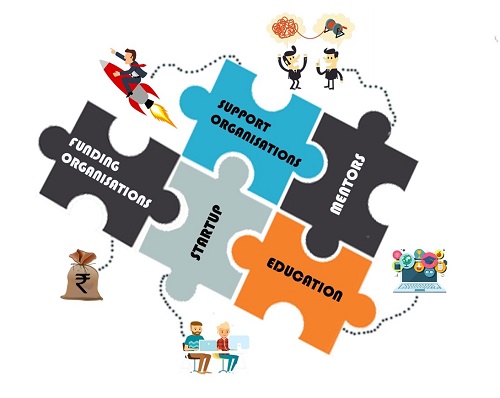startup ecosystem
Thu, 16 Jan 2025

Follow the stories of academics and their research expeditions

Differences Between Mentors and Trainers
While both mentors and trainers play important roles in personal and professional development, their functions, goals, and methods differ significantly. Here's a breakdown of the key distinctions:
Mentor:
Trainer:
Mentor:
Trainer:
Mentor:
Trainer:
Mentor:
Trainer:
Mentor:
Trainer:
Mentor:
Trainer:
Both mentors and trainers are critical to personal and professional growth, but their roles, approaches, and goals differ significantly. The key is to recognize when you need each type of support in your journey—whether it’s long-term guidance and reflection from a mentor, or focused skill-building from a trainer.
Thu, 16 Jan 2025

Thu, 05 Dec 2024

Wed, 04 Dec 2024
